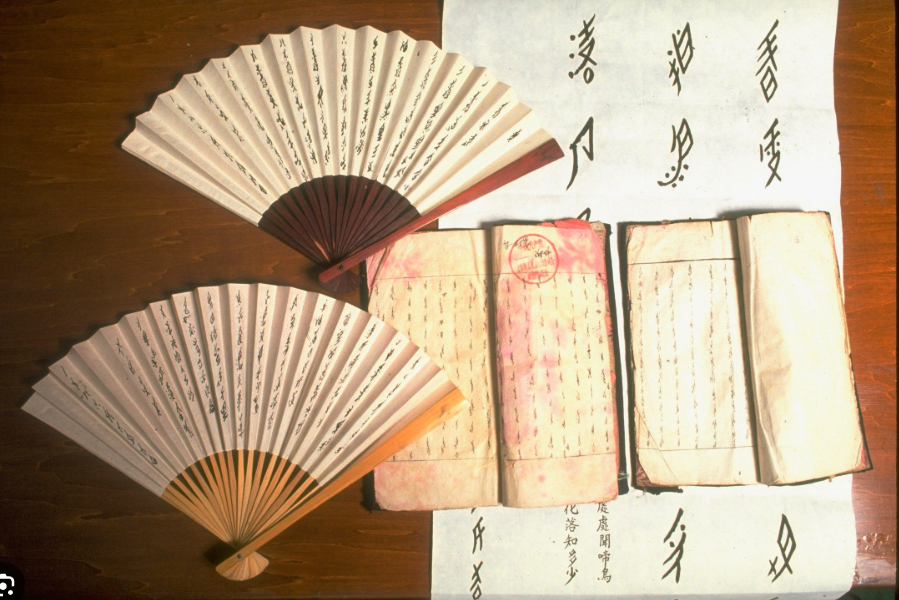South Korea’s Political Divide Widens Amid Protests for Ousted President
- Sarah Yim

- Apr 14
- 3 min read

Dozens of supporters and critics of former President Yoon Suk Yeol gathered outside his private residence in Seocho-dong, Seoul, on April 11, 2025, holding signs that ran from “Your excellency Yoon, we will carry on with your spirit” to “Give Yoon Suk Yeol the death penalty!”
Yoon and his wife, Kim Keon Hee, along with their 11 dogs and cats, returned to their private apartment exactly a week after the Constitutional Court upheld Yoon’s impeachment over his attempt to impose martial law in December.
Upon arrival in a black van, Yoon stepped out, smiling and waving to his supporters, shaking hands and embracing dozens of them. He was seen wearing a red cap decorated with the words “Make Korea Great Again” – a nod to U.S. President Donald Trump’s famous slogan.
Yoon’s attempt to impose martial rule was ruled unconstitutional and based on unsubstantiated claims of election interference by China and North Korea. However, for many of Yoon’s core supporters, many of them being older, deeply conservative, and anti-communists, the ruling appeared as not only a political misstep but also a setback in the country’s battle against communism.
Seventy-year-old retiree Moon Keun-chan expressed his thoughts on Yoon’s impeachment. “The court and the opposition have been bought out by the Chinese and North Koreans,” Moon said. He added, “I’m so sad the era of Yoon has ended. But I hope he keeps fighting from outside the government, so our country doesn’t fall into the hands of the communists.”
Such views have taken hold among Yoon’s supporters, even after the court dismissed his claims as legally baseless and unsupported by evidence. One man accused opposition leader Lee Jae-myung of being a “communist spy,” while others alleged the 2024 legislative elections were rigged to favor the Democratic Party.
A recent Korea Gallup poll showed that while more than 60% of South Koreans supported the impeachment, 74% of conservative voters opposed it. “Despite the martial law crisis being a much larger violation of the constitution, more people are divided along party lines today, “ said Lee Sang-kyung, assistant professor of sociology at Sogang University. “That shows how much more polarised Korean society has become in the past decade,” he said.
Presidential elections will be held no later than June 3, 2025, following the impeachment and removal of Yoon Suk Yeol.
“The divide could get worse in the future,” Lee said. “In order to resolve this crisis, the liberals and moderate conservatives need to come together to sanction and shame the far-right, ultimately eliminating them and bridging the gap.”
Yoon later released a separate public message for his supporters, stressing that he will “continue to do my utmost” to build the “free and prosperous Republic of Korea that we have dreamed of together.” He also stated that he “will return to being a regular citizen of South Korea and search for a new road to work for our country and its people.”
Currently, Yoon is set to appear for his first criminal trial on Monday, April 14, 2025. He faces charges of leading an insurrection when he declared martial law – a crime punishable by life imprisonment or even death, although South Korea has not executed anyone in decades.








Comments